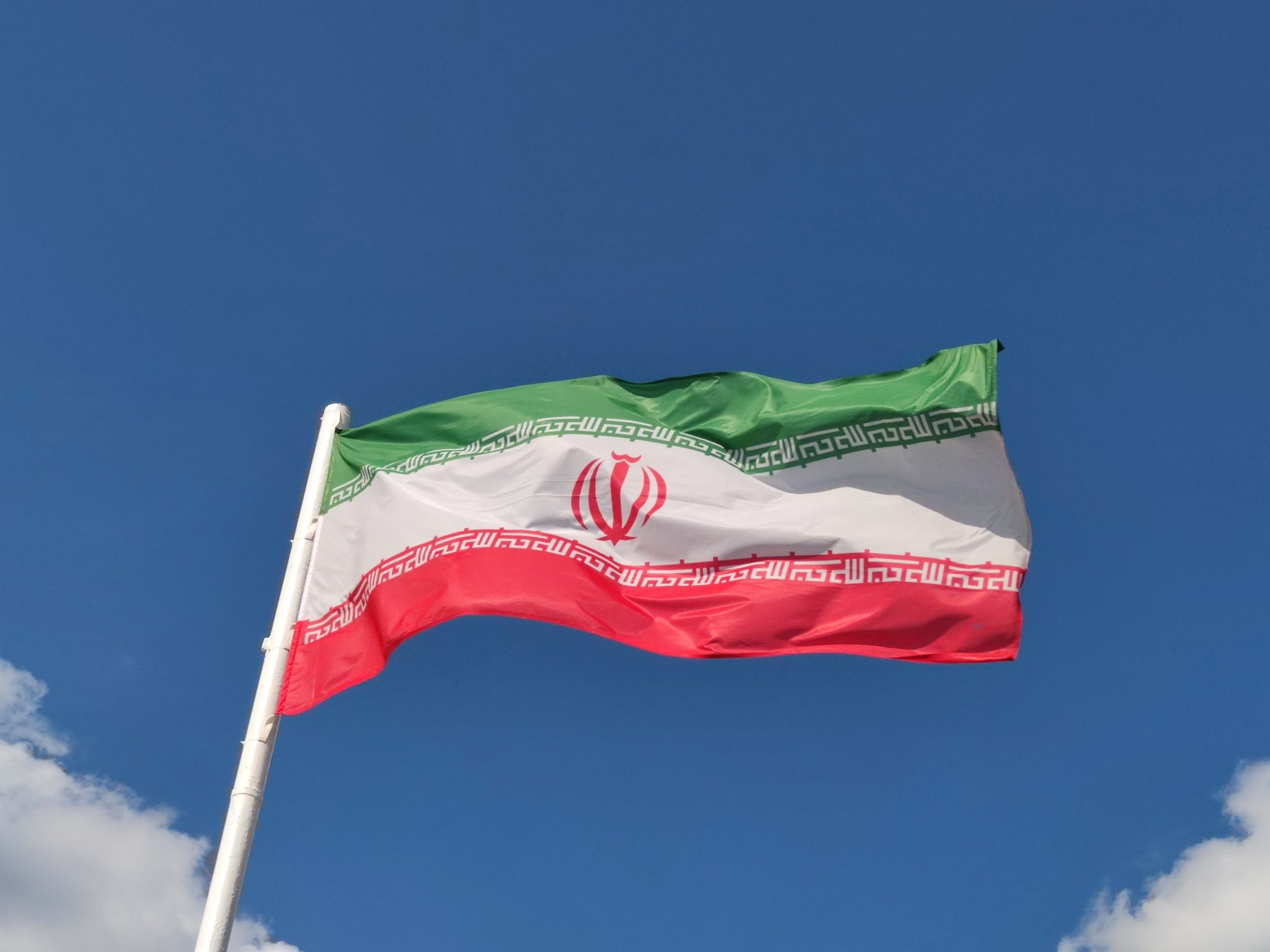The giant aquatic animals annually congregate 90 kilometres away from land between the months of April and September.
The waters of the relatively small peninsular Arab country Qatar hosts the largest concentration of the planet’s largest living fish, whale sharks.
The gigantic white-spotted fish has reached 600 in numbers in 2020 in Doha, a total that is yet to be documented anywhere else in the world. Just meters away from land, the slow-moving shark is swimming in Qatari waters with no interruptions.
The Gulf nation’s ministry of environment is calling on the community to not approach shark gatherings if spotted and to not advertise it. Any sighting should be reported directly to the call centre at 184.
Any unsettling noises are forbidden near the areas of the animal’s gatherings to ensure their safety and well-being.
Mexico comes second, but unlike Qatar, the country has a huge whale shark tourism industry with over 300 licensed whale shark boats. Their size and unique features make these gentle giants easy to distinguish, attracting thousands of snorkelers and divers yearly to witness their colonies off the coast.
The giant aquatic animal can grow to up to 18 metres in length and 30 tonnes in weight. That’s the weight of at least two trucks. And they swim freely right here in Doha.
In fact, more than 100 whale sharks congregate near coral reef colonies 90 kilometres away from land between the months of April and September every year, as opposed to 4-5 weeks in other locations around the world.
It inhabits tropical and warm waters and can live up to 70 years. Despite their size, these animals are filter-feeders, and their diet includes plankton, copepods, krill, fish eggs, and small fish.
CONSERVATION EFFORTS
Authorities in Qatar have exerted efforts to maintain the country’s marine environment, especially following the congregation of the large aquatic animal last year.
In an effort to preserve their stay and protect the environment, Qatar launched a study in 2010 of the journey of whale sharks by installing tracking devices on 12 of them. Just a later back in 2011, the ministry also launched a project on whale sharks to study their behaviour.
Last year, the ministry monitored the congregation of approximately 400 whale sharks at the oil fields, noting that they mostly fed on tuna fish eggs. Tuna fish lay millions of eggs between April and October in this area, making it a perfect spot for the giant animals to reside.
Regardless of their size, the fish do not harm humans, and their females are generally larger than males.
Any inquiries about the animal can be obtained by contacting the Public Relations Department of the ministry.







